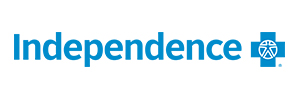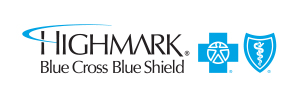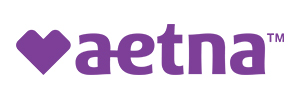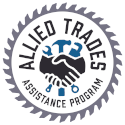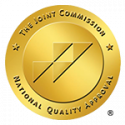Addiction is a complex issue that affects millions of individuals worldwide. While seeking professional help is vital, self-care plays a significant role in recovery. However, knowing where to start or what strategies will be most effective for you can be challenging. One crucial aspect of this journey is self-care, which helps you nurture your mind, body, and spirit as you work towards reclaiming your life. Whether you’re just beginning your recovery journey or looking to enhance your current self-care practices, this article will provide five valuable ways to improve your self-care during addiction recovery.
1. Prioritize Physical Wellness
Engaging in regular physical activity is not only beneficial for your body but also for your mind. Exercise can reduce stress, anxiety, and depression – all common challenges in addiction recovery. Whether going for a walk, hitting the gym, practicing yoga, or dancing to your favorite tunes, find an activity that brings you joy and make it a part of your daily routine. Exercise boosts your mood and promotes better sleep, aiding your body’s natural healing process.
In addition, a well-balanced diet helps stabilize your mood and energy levels, making it easier to cope with the challenges of addiction recovery. Ensure you get enough rest, eat nutritious meals, and stay hydrated. By nourishing your body, you fuel yourself for the challenges and triumphs ahead.
2. Create Healthy Boundaries
Self-care is an integral part of leading a healthy and balanced life. One way to improve your self-care routine is to create healthy boundaries. Boundaries help to protect your physical, emotional, mental, and social well-being. Maybe this means saying “no” to situations or people that trigger negative emotions or temptations. To do this, you can:
- Set Clear Expectations: It’s important to be clear about what you expect from others and yourself to ensure that expectations are met.
- Practice Self-Awareness: Be mindful of your thoughts, feelings, and behaviors to better understand your triggers and reactions.
- Make Time for Yourself: Prioritize your physical, emotional, and mental health needs by setting aside time for yourself each day.
When you prioritize your well-being by limiting stress-inducing commitments and activities, you do yourself a huge favor. Surround yourself with supportive, understanding individuals who encourage your growth and recovery journey.
3. Take Care of Your Mind
Establishing a daily routine that strengthens your mental well-being can provide stability and a sense of purpose. Allocate time for activities that nourish your soul, such as journaling, meditation, or spending quality time with loved ones. Mindfulness practices can help you become more aware of your thoughts and emotions, assisting you in managing triggers and stressors effectively. Consistency in your routine and mindfulness practices fosters a sense of achievement and encourages you to stay focused on your recovery goals.
As you explore what you want to make part of your daily routine, you might explore the world of creativity. Engaging in art, music, writing, or any creative outlet can help you process emotions, reduce stress, and find solace in your recovery journey. Allow yourself the freedom to explore new passions and interests, fostering a sense of fulfillment and accomplishment.
4. Connect with Supportive Peers
Surrounding yourself with individuals who understand and support your journey can be a game-changer in addiction recovery. Seek out support groups, therapy sessions, or community programs where you can connect with others who share similar experiences. Engaging in open discussions and sharing your story can help you find solace, encouragement, and practical tips from those who have walked a similar path. Remember, you are not alone; together, you can uplift and inspire one another on this road to recovery.
5. Practice Self-Compassion
Recovery can be challenging, and setbacks are a natural part of the process. Practicing self-compassion is vital during these moments. Treat yourself with the same kindness and understanding you would extend to a friend facing similar struggles. Acknowledge your progress, no matter how small, and forgive yourself for past mistakes. Remember, you are worthy of love and care; each day is an opportunity for growth and renewal. Recovery is not a linear journey, and setbacks may happen. Celebrate your progress, no matter how small, and use any setbacks as learning opportunities for growth.
At Sobriety Solutions, we firmly believe that self-care is integral to addiction recovery. By prioritizing exercise, creating a mindful routine, nourishing your body, connecting with supportive peers, and practicing self-compassion, you lay the foundation for a healthier and more fulfilling life. Remember, the journey to recovery is courageous, and we are here to support you every step of the way. You deserve a life filled with joy, love, and inner peace. Start your self-care journey today, and embrace the transformation that awaits you.
Are you or a loved one ready to make a change? Reach out now–our support professionals will be waiting for your call.



